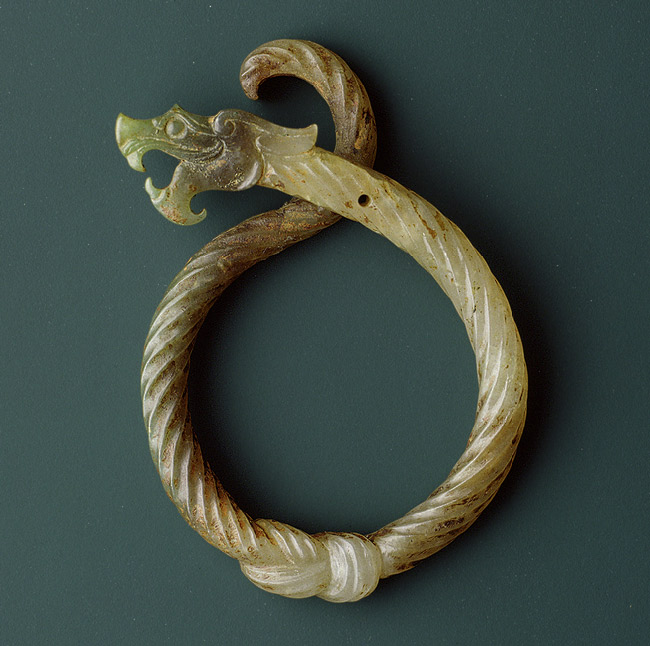edededed wrote:Wuyizidi: Of course you are right about Chinese words and Chinese character words used in other languages like Japanese and Korean. I was rather wondering about the habitual usage of the word "koryu" in Japanese language - it seems that in English, "koryu" is often used as a noun, but I've not heard anyone use it that way in Japanese (but on the other hand, I am not a practitioner of such arts here).
In general, I get the feeling that "do" is just the norm now, and "jutsu" is for a very small group of maniacs who feel special and unique
Oh, and also video games and comics - "jutsu" is definitely preferred in those.
Traditional Chinese culture (and Japanese I imagine) is extremely hierarchical in that only the big disciplines, ones that has direct impact on the welfare of the natural or manmade world can be called Dao or Big Dao, everything else is Xiao (small) Dao. To be Da Dao it has to be conceptual, involving principle that can explain and guide things. Xiao Dao has no theory, just a collection of manual techniques for accomplish certain tasks (craftmanship, not engineering). Even Zhuangzi himself mocks swordsmanship as mere craftsmanship (jutsu): http://ctext.org/zhuangzi/delight-in-the-sword-fight
The basic sense is that big (important) people focus on big dao (government, economics, military strategy, etc), small people focused on small daos. So adding Do to these discipline is really a stretch

Agree with you about what is happening: in the case of martial art at least, it seems convenient that jutsu became dao at the moment when that type of jutsu became obsolete jutsu. With its original purpose for existence gone, previously ancillary benefits are now claimed to be the true high level reason for doing it. In the meantime a small voice asserts the not entirely incorrect claim of it still having some practical relevance (in a small set of very specific use cases).
When firearm technology became advanced enough to threaten not just the sword but the way of life that goes with its mastery, the samurai class forbid further development. Later, when the country was forced to reopen, and swords lost its place once and for all, the samurai hanged on to the same motto they used for banning the guns: "only the sword can polish the soul".
If we're honest with ourselves, what sword to fighting today is like abacus to computing. Yes, if ALL the modern technologies goes away for some reason, the abacus will do what it was designed to do. But that would be a rare scenario indeed. And an abacus does not have even a fraction of the computational power of a digital computer.
At the end of 19th century there was a crisis in masculinity in the advanced western world (http://www.theatlantic.com/national/arc ... ts/383563/). First it was the worry that men have lost their vigor as technology has replaced so much of physical labor, that there's an epidemic of neurasthenia (male counterpart to the Victorian female hysteria). Then there's racism associated with colonialism, the conquered are said to be effeminate, child-like, etc. This gave rise to a renewed interest in physical culture. And it spread to Asia as well, as conquered (or people in fear of being conquered) became obsessed with regaining the manly vigor and national character. Judo, Kendo, and even modern yoga (http://yogacritiques.org/reviews/mark-s ... 20practice) all came into being around this time, and latched onto those ancillary benefits as main reason for its continued existence. So this is these arts' way of reacting to change in the larger world.
Here's a link with more info on koryu: http://www.koryu.com/



 I just don't like the rigid rules (reciting dojo mottos, uniforms, lots of ritual, etc.) and pseudo-military group mentality (everyone does everything together at the same time) of JMA in general, to be honest. I also just don't like exercising barefoot, either...
I just don't like the rigid rules (reciting dojo mottos, uniforms, lots of ritual, etc.) and pseudo-military group mentality (everyone does everything together at the same time) of JMA in general, to be honest. I also just don't like exercising barefoot, either...